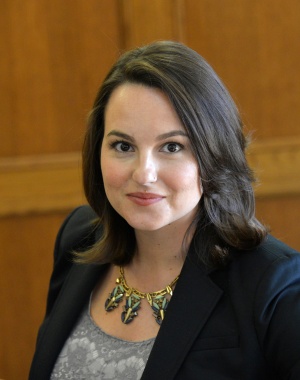From climate change, to habitat destruction, to overconsumption of natural resources, many of the world's most pressing environmental problems are the result of human behavior. If we want to solve or mitigate these problems, we must first understand what is driving these behaviors. Do people act in environmentally harmful ways because they don't know better? Is it because they doubt that scientists, politicians, or activists are telling them the truth about environmental risks? Do they not see themselves as environmentalists? Do they think their actions won't make a difference? How can we get around these types of barriers to improve environmental policies? Most policy to address environmental issues has thus far focused on legal or economic incentives such as prohibiting certain forms of pollution or giving subsidies for renewable energy. In this policy seminar, we will examine an alternative framework for motivating environmentally-friendly behavior: psychological and social incentives. Although this class will mainly cover environmental issues, the psychological tools we will discuss are used in other domains as well, so will be useful to students interested in a range of policy topics.We will explore factors affecting environmental beliefs and behaviors, including reactions to and support for environmental policies. The focus will be primarily on the US, and we will discuss policy programs and private interventions that have incorporated social psychological research to promote pro-environmental behaviors and as well as potential new applications of this research. A particular focus will be on the psychological principles at play in the polarized realm of climate change.
